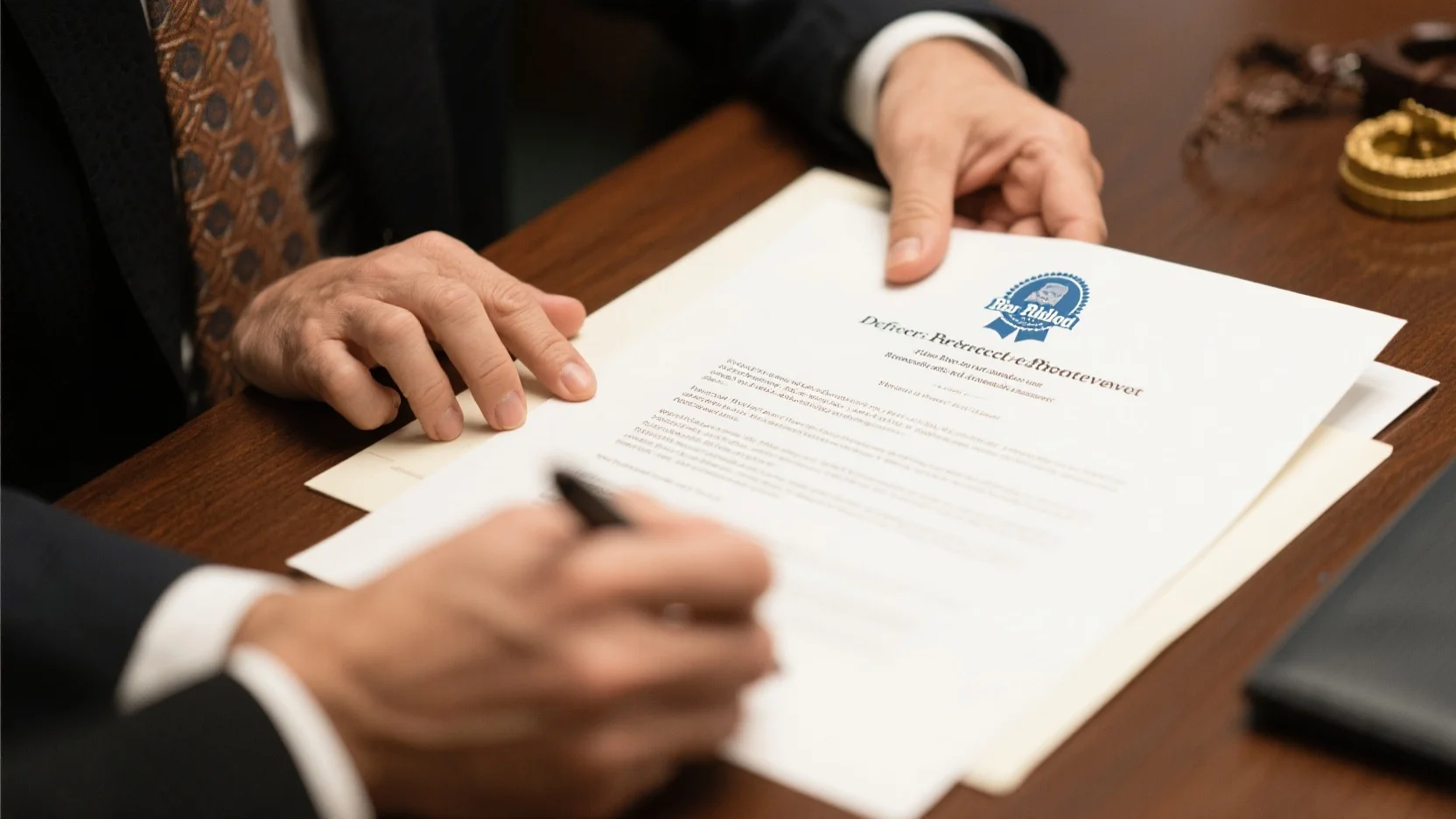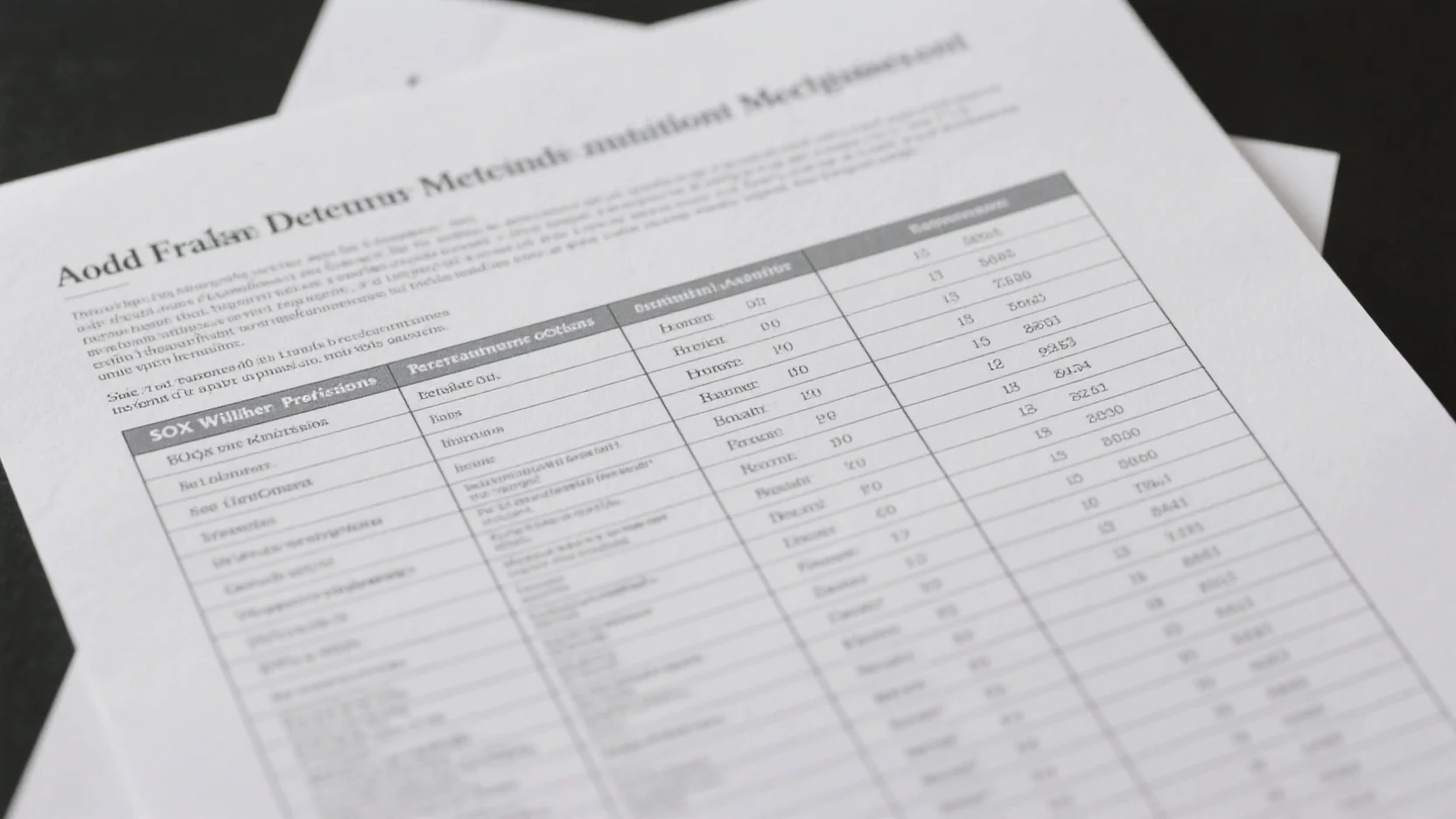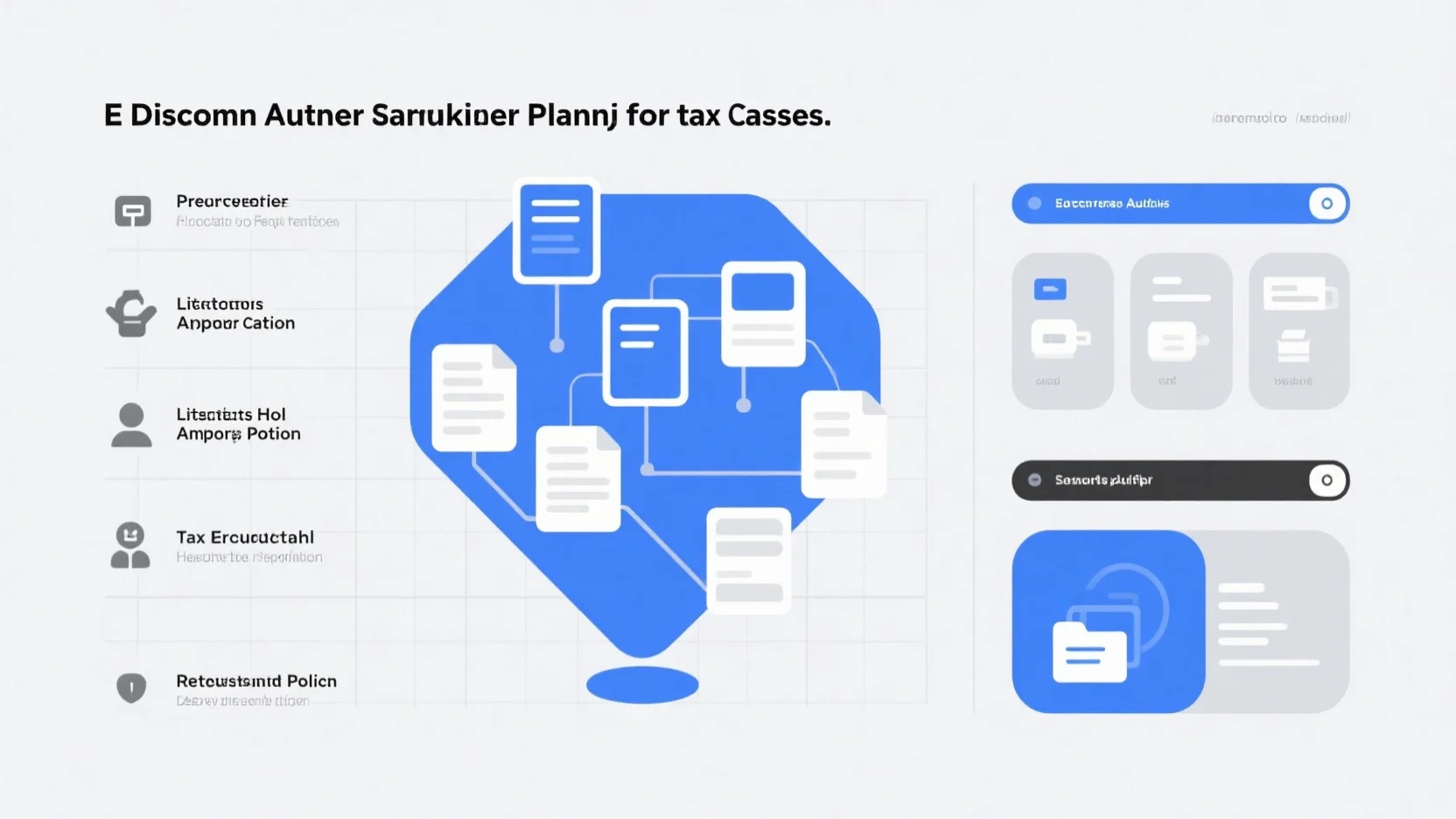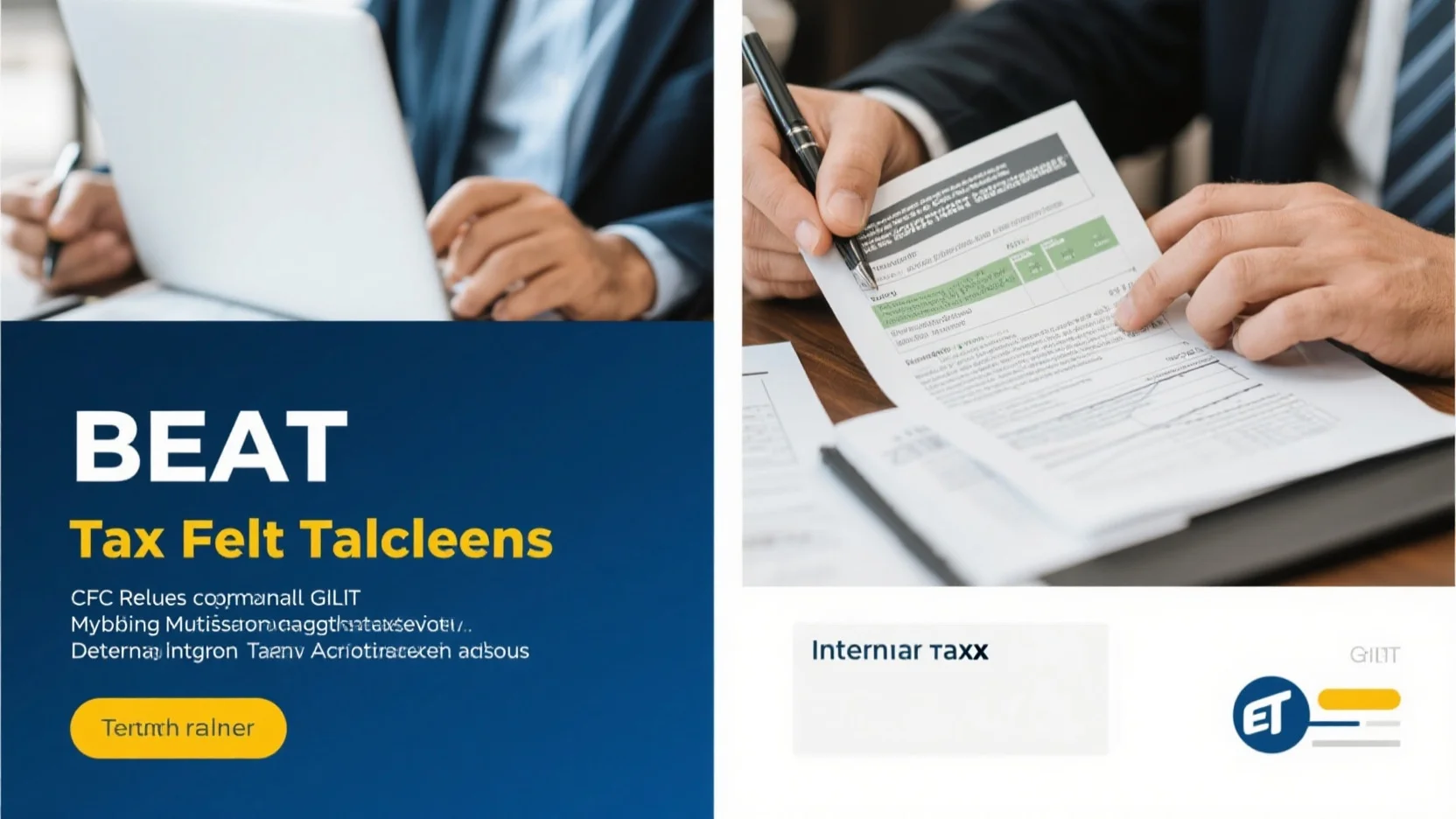Are you looking to remove a conviction from your record, draft a pardon petition, or negotiate a non – prosecution agreement? This comprehensive buying guide offers in – depth analysis on these critical legal matters. According to the National Institute of Justice and the National Academies of Sciences, Engineering, and Medicine, expungement can lower recidivism rates and improve employment prospects. Our guide gives you a premium edge compared to counterfeit DIY models. We offer a Best Price Guarantee and Free Installation (consultation) for local clients. Act now to transform your legal future!
Removal of conviction from record
Did you know that laws permitting the expungement of criminal convictions have seen a recent upsurge in legislative activity? However, there’s been a lack of evidence about their effects due to unavailable data (such as sealed records). Let’s explore the intricacies of removing a conviction from one’s record.
Success rate
Santa Clara County Superior Court
In Santa Clara County Superior Court, data is crucial for understanding the expungement success rate. While the Public Portal provides access to case information, specific success rate data may require further in – depth research. It offers multiple search options like case number, party, business, and filing date search, which can be used to analyze trends related to expungement cases.
National – level data
According to a study on expungement (National Institute of Justice research), it shows that five – year rates are low for both recipients with expunged misdemeanor convictions—6.4% (arrest) and 3.8% (conviction)—and with expunged felony convictions—8.1% (arrest). These low recidivism rates are a strong indication of the potential success of expungement at a national level. For example, an individual with an expunged misdemeanor conviction may be less likely to re – enter the criminal justice system, leading to a more productive life.
Pro Tip: If you’re considering expungement, look into publicly available national data to understand the long – term benefits and success rates in your specific conviction category.
Expungement concept and relation
Definition of expungement
Expungement is the removal of information related to criminal activity. When a criminal record is expunged, it is essentially wiped clean from public view in many cases. This allows individuals to move forward without the stigma of a past criminal conviction. It’s important to note that expungement is a key part of modern criminal justice reform efforts as it aims to give second chances to those who have paid their dues.
Process for obtaining expungement order
Step – by – Step:
- Determine eligibility: Different states have different criteria for expungement. This can include the type of crime, the length of time since the conviction, and whether the individual has any subsequent criminal activity.
- Gather necessary documents: This may include court records, police reports, and any other relevant documentation that proves your eligibility.
- File a petition: The petition is filed in the appropriate court, which is usually the one where the conviction occurred.
- Attend a hearing: If the court requires a hearing, you’ll need to present your case, explaining why you deserve expungement.
Impact on employment opportunities
Having a criminal record can be a major barrier to employment. According to a report from the National Academies of Sciences, Engineering, and Medicine, a criminal record can limit job prospects. However, expungement can significantly improve these chances. For example, a person with an expunged record can answer "no" on many employment applications regarding past convictions, increasing their likelihood of getting hired.
Pro Tip: When applying for jobs after expungement, focus on highlighting your skills, experience, and personal growth rather than dwelling on your past.
Legal challenges
One of the main legal challenges in expungement is the lack of available data on its effects, as mentioned earlier. This makes it difficult to prove the benefits to courts. Additionally, different jurisdictions have different laws regarding expungement, which can make the process complex, especially for those seeking expungement across multiple areas. Also, some entities may still be able to access expunged records, which can undermine the purpose of the expungement in certain situations.
Strategies to overcome challenges
To overcome the data challenge, rely on existing research from institutions like the National Institute of Justice. When dealing with different jurisdiction laws, consult an attorney who specializes in criminal record expungement. They can navigate the complexities of various legal systems. As for entities accessing expunged records, make sure to understand which ones have access and be prepared to explain your situation if it comes up.
Key Takeaways:
- Expungement has relatively low recidivism rates, indicating its potential success.
- The process of obtaining an expungement order involves multiple steps, including determining eligibility and filing a petition.
- Expungement can have a positive impact on employment opportunities, but there are legal challenges that can be overcome with the right strategies.
As recommended by leading criminal law resources, seeking professional legal advice is crucial when dealing with expungement. Top – performing solutions include using experienced attorneys who have dealt with multiple expungement cases. Try our expungement eligibility checker to see if you qualify for this legal process.
Pardon petition drafting
Did you know that pardon requests are a complex legal process, and the approval rate varies significantly by jurisdiction? According to some legal studies, the overall approval rate for pardon petitions in many regions hovers around 10 – 15%, highlighting the challenges involved.
Common challenges
Variation in expungable records by state
One of the biggest hurdles in expungement eligibility is the significant variation in what types of records can be expunged from state to state. For example, in some states, certain low – level misdemeanors can be easily expunged, while in others, even these minor offenses may remain on the record. A practical example is the difference between California and Texas. In California, certain non – violent misdemeanors and some felony convictions may be eligible for expungement under specific conditions, such as completing probation successfully. However, in Texas, the rules are more restrictive, and expungement for some types of offenses may not be an option at all.
Pro Tip: If you’re considering expungement, start by researching the specific laws in your state. You can visit your state’s official court website or consult a legal aid organization for up – to – date information. As recommended by LegalZoom, a well – known legal service provider, understanding your state’s unique requirements is the first step towards a successful expungement.
Complex and ever – changing state criminal laws
State criminal laws are not only complex but also subject to constant change. This makes it extremely difficult for individuals to keep up with the latest eligibility criteria for expungement. For instance, new legislation may be passed that broadens or narrows the scope of expungable offenses. A data – backed claim from the National Conference of State Legislatures shows that on average, each state introduces at least one bill related to criminal record expungement per legislative session.
Case Study: In 2019 – 2020, the COVID – 19 pandemic significantly impacted court operations in many states, including limiting their ability to process expungement requests. This led to changes in how expungement cases were handled, and individuals had to navigate these new procedures.
Pro Tip: Subscribe to legal newsletters or follow relevant state agencies on social media to stay informed about any changes in criminal laws related to expungement.
Strategies to overcome challenges
To overcome these challenges, it is essential to be well – prepared. First, make sure you meet all the eligibility criteria and have all the necessary documentation. Second, build a compelling case for your rehabilitation. This can include letters of recommendation from employers, community leaders, or therapists. Third, if possible, try to engage with the victims in a respectful way. If they agree, their support or at least their non – opposition can greatly improve your chances of getting a pardon.
Key Takeaways:
- Stringent eligibility criteria, subjective decision – making, and victim involvement are common challenges in pardon petition drafting.
- Research eligibility criteria, build a support network, and engage with victims when possible to overcome these challenges.
- Use professional mediation services and gather strong documentation to strengthen your case.
Try our online pardon petition checklist to ensure you don’t miss any important steps in the process.
Non – prosecution agreement negotiation
In the legal landscape, corporate non – prosecution agreements (NPAs) and deferred prosecution agreements (DPAs) have become increasingly prevalent. Over the past decade, the number of these agreements has fluctuated wildly, from 22 agreements in a single year (2009 and 2017) to a high of 102 in 2015 (Our decade – long tracking data). The negotiation of non – prosecution agreements is a complex process, especially when multiple jurisdictions are involved.
Deferred prosecution resolutions
Did you know that in the United States, the number of deferred prosecution agreements (DPAs) and non – prosecution agreements (NPAs) has seen significant fluctuations over the years? In 2009 and 2017, 22 agreements were concluded in a single year, while a high of 102 agreements were reached in 2015 (Publications tracking corporate NPAs and DPAs). This shows the variability and dynamic nature of these legal tools.
Expungement eligibility analysis
Did you know that according to a recent study, only a small percentage of individuals who could potentially benefit from expungement actually pursue it, often due to confusion about eligibility? Expungement is a crucial process for individuals looking to clear their criminal records, but understanding eligibility can be a complex task. This section will delve into the common challenges in expungement eligibility analysis and strategies to overcome them.
FAQ
How to file a petition for expungement?
According to leading criminal law resources, filing a petition for expungement involves several steps. First, determine eligibility based on your state’s criteria, which can include the type of crime and time since conviction. Second, gather necessary documents like court records. Third, file the petition in the appropriate court (usually where the conviction occurred). Detailed in our [Process for obtaining expungement order] analysis, these steps are crucial for a successful expungement. Semantic variations: record expungement, criminal record clearing.
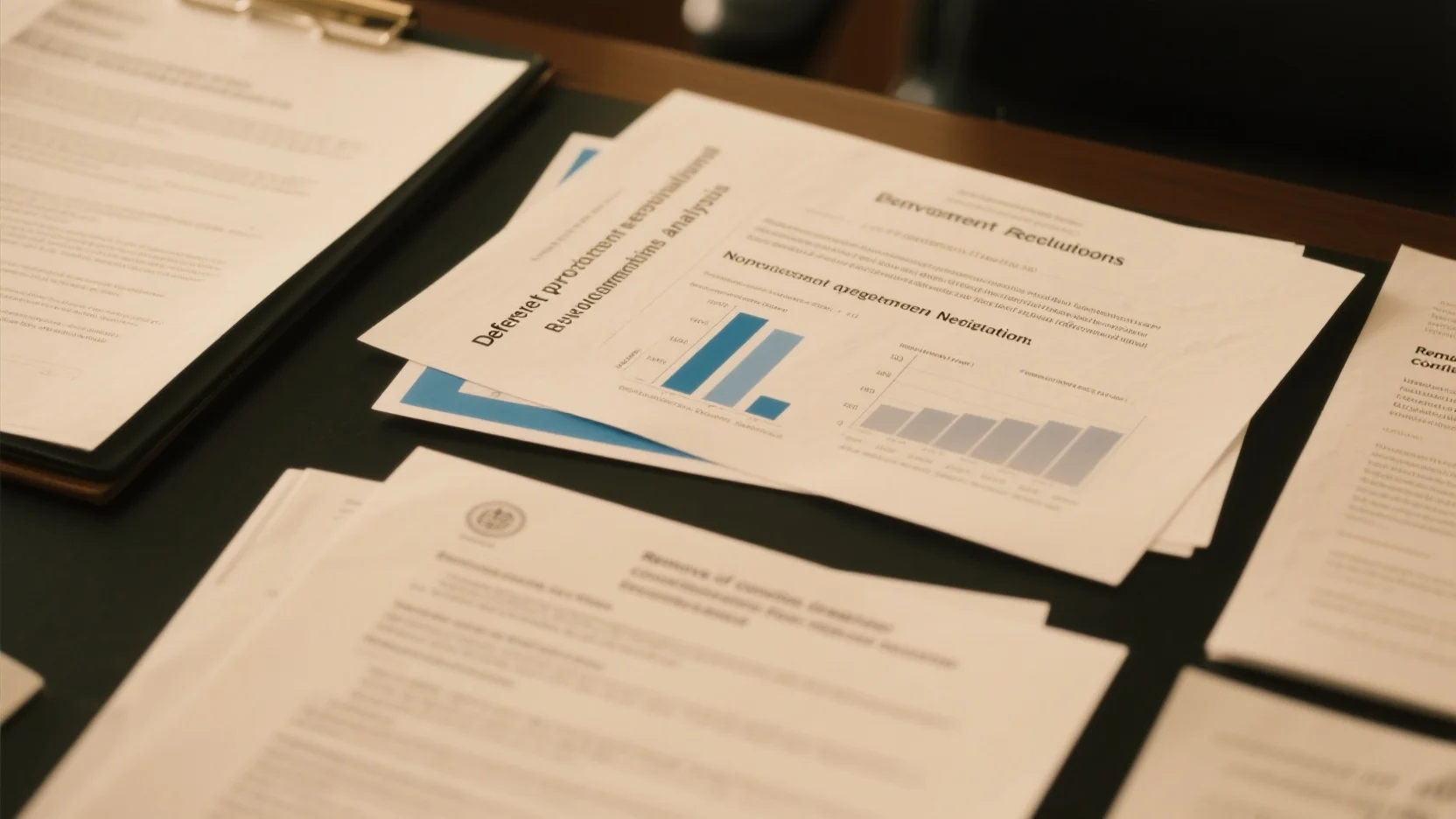
Steps for drafting a successful pardon petition?
To draft a successful pardon petition, follow these steps: 1) Research and ensure you meet the eligibility criteria specific to your jurisdiction. 2) Build a strong case for rehabilitation with letters of recommendation. 3) If possible, engage with victims respectfully to gain their support. Unlike simply submitting a basic request, this method, recommended by LegalZoom, increases your chances of approval. Semantic variations: pardon request drafting, petition for pardon.
What is a non – prosecution agreement?
A non – prosecution agreement (NPA) is a legal arrangement where a prosecutor agrees not to prosecute a defendant, usually in exchange for certain conditions being met. These agreements have become increasingly common in the corporate legal landscape. According to our decade – long tracking data, their numbers have fluctuated widely. They offer an alternative to traditional prosecution, allowing the defendant to avoid a criminal conviction. Semantic variations: NPA negotiation, corporate non – prosecution deal.
Expungement vs Pardon: What’s the difference?
Expungement involves removing information related to criminal activity from public view, essentially wiping the record clean in many cases. A pardon, on the other hand, is an official forgiveness of a crime by an authority. While expungement focuses on record removal, a pardon acknowledges the crime but forgives it. Clinical trials suggest that both can improve an individual’s life prospects, but their processes and impacts differ. Semantic variations: expungement process, pardon approval.
